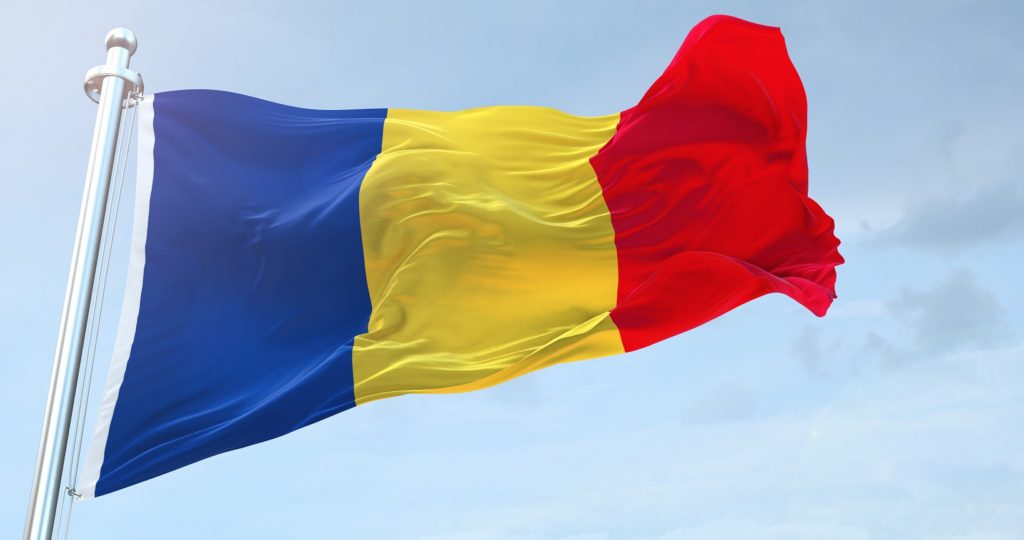Dr Cristian Ciobanu & Dr Duncan Light

The war in Ukraine came as a big shock for Romanians who (like many Europeans) found the idea of a ‘traditional’ war involving tanks and bombs as unimaginable. In recent years, scepticism among Romanians about membership of the EU and NATO had been on the rise, but with the invasion of Ukraine the benefits of membership were suddenly obvious. Opinion polls showed that the proportion of Romanians who felt their country was going in the right direction increased dramatically. The Romanian President Klaus Iohannis (an ethnic Saxon from Transylvania) assured Romania that the country would not be drawn into the conflict and that no Romanian had any reason to be afraid.
A significant number of Ukrainians fled to Romania. Romanian society acted quickly and spontaneously with a common purpose (and a degree of organisation rarely seen before) to welcome and accommodate refugees. Romania was eager to demonstrate to the rest of the EU that it shared the commitment to welcome Ukrainian refugees with open arms. The Romanian media reported with some pride the favourable coverage of Romania’s efforts in the Western European press.
Yet a week or so of a united approach to Ukraine was followed by a gradual breaking down of consensus and the emergence of a (dis)information war. Alternative narratives started to circulate on social media asking why Romanians were helping a country which had ‘stolen’ territory from them (during World War Two as a result of the Molotov-Ribbentrop pact), and discriminated against Romanian minorities in Ukraine. Critics of Romania’s approach also asked why resources were being diverted away from domestic poverty towards helping refugees.
In the second week of the war social media posts started to appeal to a latent anti-Westernism that has long characterised the Romanian far-right. Hence, Putin was presented as a hero fighting for faith, traditional values, and his country against globalists, neo-Nazis and Western liberalism. Such messages were well received by supporters of nationalist parties in Romania, but dismissed by the majority of the population. Opinion polls now show that far-right parties (electorally insignificant since EU accession, but recently in the ascendent) are losing support.
The disinformation war then turned to stoking up panic. Romanians were advised to stock up on iodine pills because a nuclear attack was imminent. Consequently, every pharmacy in the country sold out of iodine pills. Romanians were (mis)informed that all men aged 18-35 would be conscripted creating consternation among some young people. Predictions of a doubling of petrol prices saw panic buying at the pumps with people using any receptacle (even litter bins) that could be used to carry petrol.
Romanian society is currently divided between realists (who recognise that Romania’s membership of the EU and NATO mean that a direct Russian attack on the country is very unlikely) and the impressionable who are prepared to believe whatever they hear on social media or the fringe mainstream media. Of course, none of this is unique to Romania. What the war shows us is the power of social media to stir up disinformation, but also the continuity with the existing divisions in Romania (concerning vaccinations and restrictions on social gatherings) stoked during the Covid pandemic.
Dr Cristian Ciobanu is an expert in geo-political interpretation at the University of Bucharest in Romania, and Dr Duncan Light is an expert in Romanian geographies at Bournemouth University, UK.
